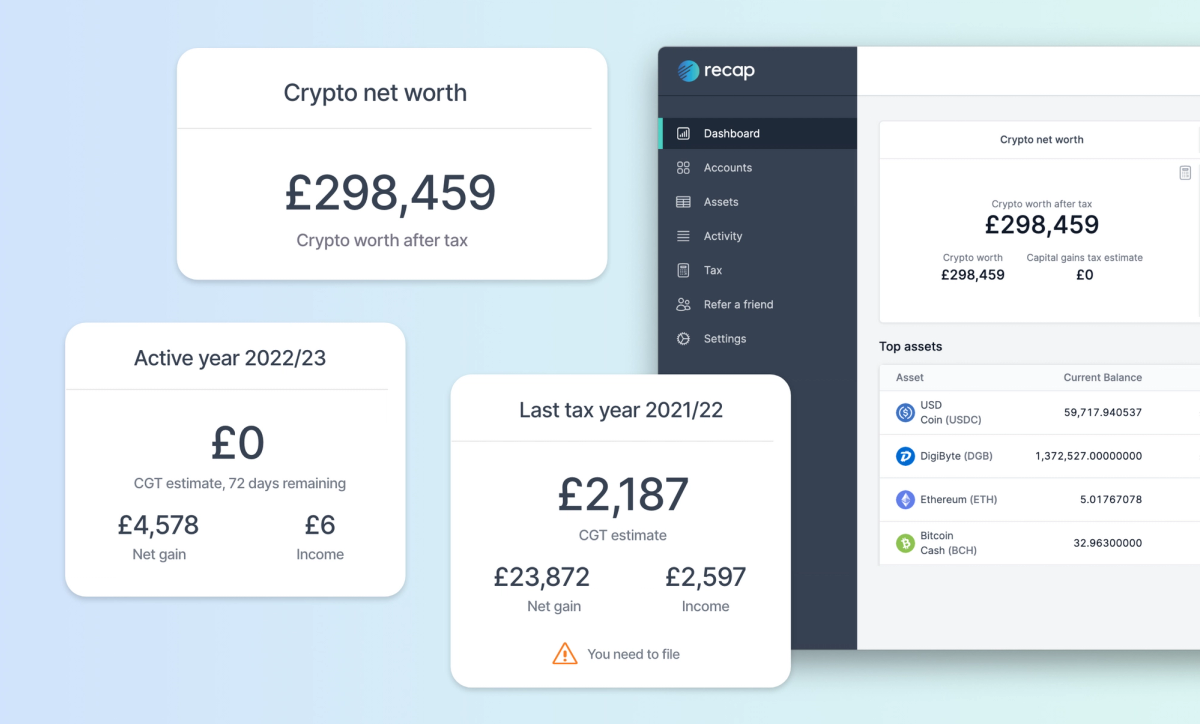
1. Cut your losses
Watching that line go down and down can be soul destroying, but rather than cry over your losses, use them to your advantage! Did you know that you can declare your losses and use them to offset other capital gains? If you’ve had a really bad time you can even carry over any remaining losses to the following tax year. Bonus…kind of.
2. Trading fees – fully tax deductible!
Trading fees are often unavoidable, but the good news is they can be allowed as a deduction when calculating your gains/losses. For help take a look at our article "How do I calculate capital gains on cryptocurrencies in the UK".
3. Think ahead!
Trading between cryptos is a taxable event so you might find yourself better off by not trading… Plan and manage your crypto tax as well as you do your investments and you might actually smile about it.
4. Download your data from exchanges regularly
Just in case it falls. You can’t rely on that exchange to hang on to all of your data for ever so make sure you regularly download a copy and keep it somewhere safe.
The HMRC states that the onus is on the individual to keep records for each cryptoasset transaction including:
- the type of cryptoasset
- date of the transaction
- if they were bought or sold
- number of units
- value of the transaction in pound sterling
- cumulative total of the investment units held
- bank statements and wallet addresses, if needed for an enquiry or review
5. Keep records of everything!
And that really means everything! If organisation is not your strong point use a tool like Recap to do it for you instead.
Recap allows you to connect accounts from the most popular exchanges, import CSVs and manually add transactions. We generate the documents you need in seconds and keep all of your data together so you can stay on top of your whole crypto portfolio.
Disclaimer
This guide is intended as a generic informative piece. This is not accounting or tax advice that can be relied upon for any UK individual’s specific circumstances. Please speak to a qualified tax advisor about your specific circumstances before acting upon any of the information in this article.



